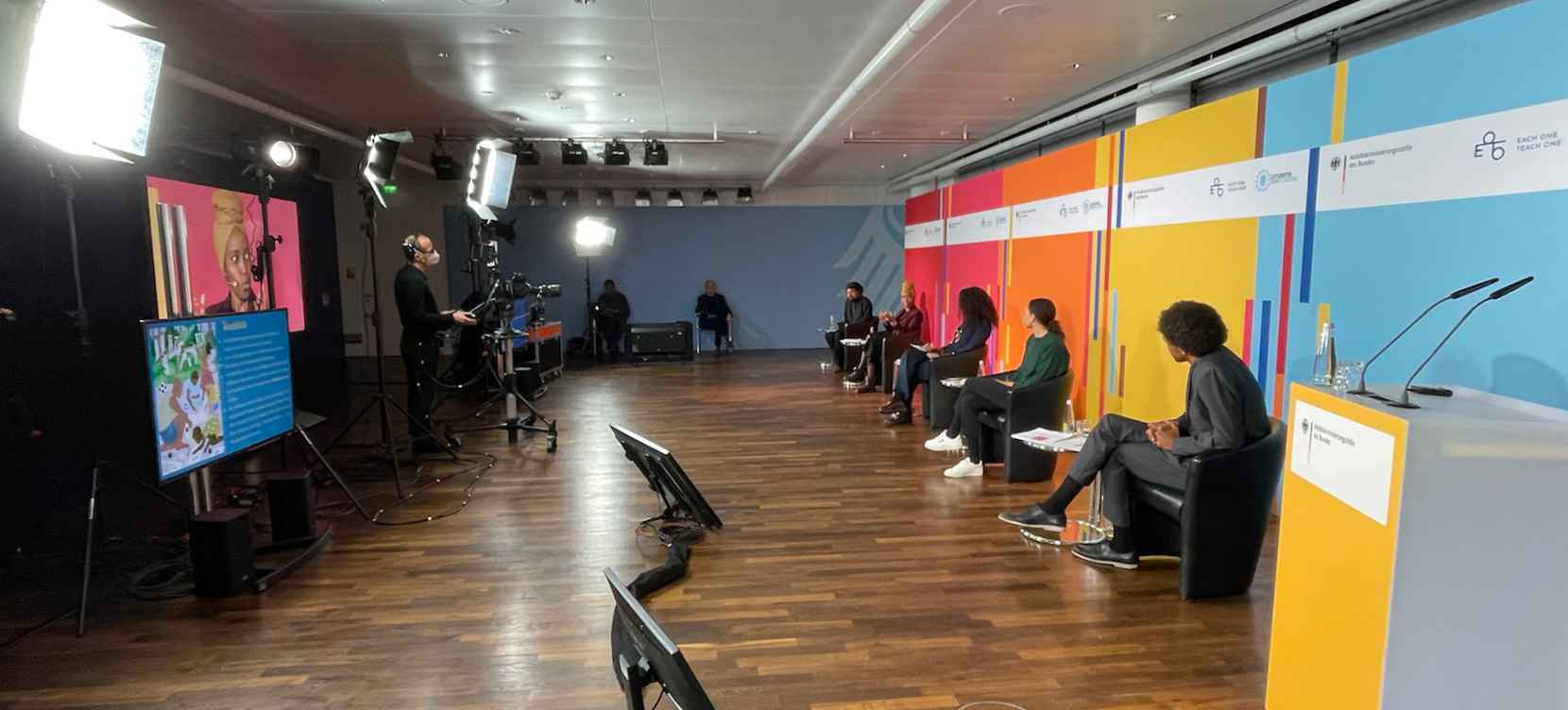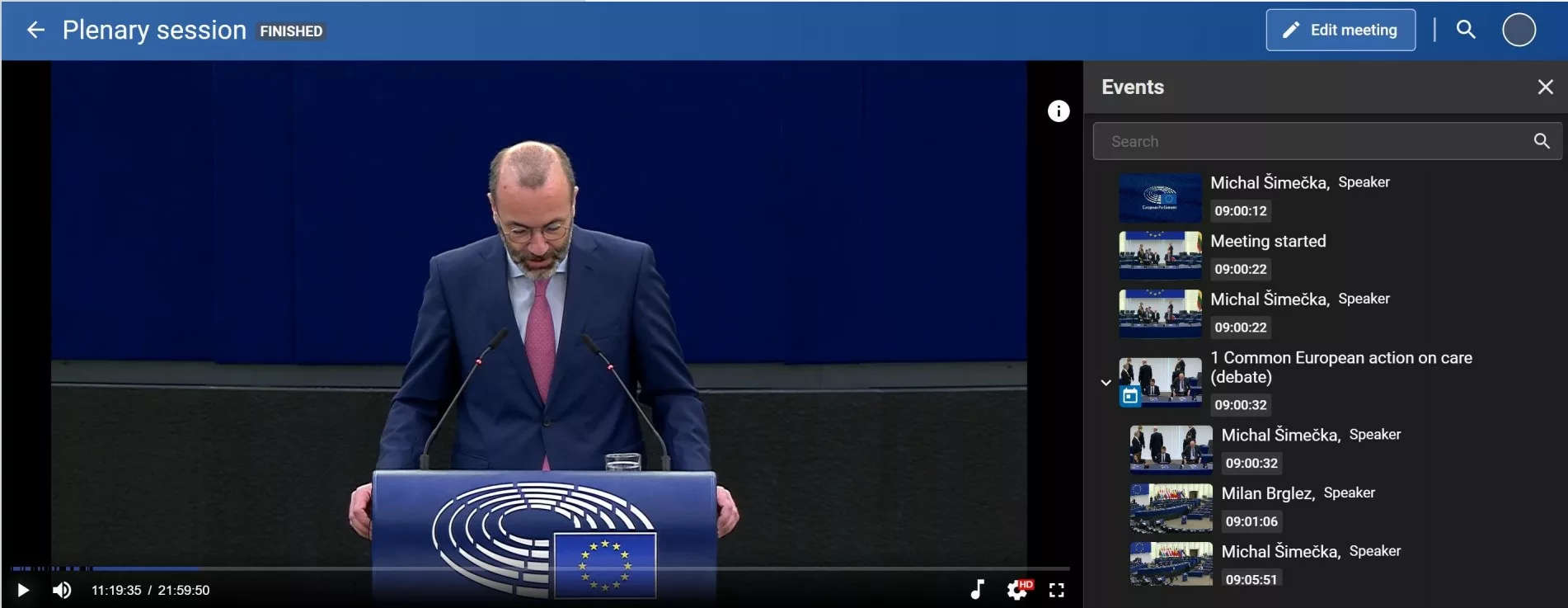Streaming and hosting for conferences, meetings and events

Livestreaming, hosting and archiving for conferences, meetings and events
We broadcast your events, meetings, live and video content to the world – on their websites, digital conference platforms and popular video platforms.
We record content and design archiving and hosting options for you.

Streaming and hosting on German servers, GDPR-compliant. We integrate streams on your and our websites and digital conference tools.
The streaming of an event, i.e. the provision of audio and video data of a conference, ultimately also creates accessibility for, among others, participants who are unable to travel to the venue due to physical limitations.
We also have suitable solutions for streaming plenary sessions, council meetings, political events, local council meetings, meetings of parliaments or the Senate.
Streaming services and solutions
Go online with us. We offer you the complete service for streaming and the subsequent provision of your event:
Preparation and planningPreparation of the agenda, scheduling, invitation
Management and controlRights management and access control
Interpreting and accessibilitySimultaneous, written and sign language interpreting
Notes, votes, hintsShow hints, create notes
RecordingRecording of the entire event for later availability
streamingLive streaming on websites, mobile devices, online platforms
Archiving and online availabilityCreation of an archive for later viewing of the content
More information on streaming conferences, meetings and events
Technical backgrounds
A standard web server is not suitable for the live transmission of large data streams (such as high-quality videos with good sound). The most commonly used – servers, including ours, are so-called HLS servers.
HTTP Live Streaming (HLS) is one of the most commonly used protocols for video streaming. Although it is called "live" HTTP streaming, it is used for both on-demand streaming and live streaming.
With HLS, small packets are generated from the data stream during transmission. These can then be quickly downloaded and assembled by the end device. This enables fast transmission – in the best case scenario, the viewer of the stream does not notice the splitting.
To ensure the correct compilation of the video, an index file is also part of the HLS. This tells the end device the correct order of the data packets.
Legal background
In Germany, there are already regulations that guarantee the public nature of meetings of certain bodies and institutions. Some relevant aspects are listed below:
1. federal ministries: The Joint Rules of Procedure of the Federal Ministries (GGO) stipulate that ministries must cooperate with the public in certain cases.
For example:
- Attendance at meetings: The GGO stipulates that the ministries attend meetings of the German Bundestag. This serves the purpose of public scrutiny and transparency.
- Interpellations and questions: Ministries must answer oral and written questions from MPs. This contributes to public information 1.
2. live streaming and recording: Although there are no specific laws obliging ministries to stream or record their meetings, transparency is an important principle in the German administration. Some ministries have already started to stream or record their meetings to inform the public.
Future developments: It is possible that further laws or directives are being planned to strengthen transparency and public participation.
Please note that we can only provide information here, not binding statements on laws and guidelines. Please consult our experts for advice on this.
Technical jargon
- Conference control – Tuning
- Video processing
- Multi-channel audio and video coding
- Multi-channel audio and video recording
- Multi-source metadata acquisition
- Audiovisual archiving
- Metadata creation
- Transcription workflows including a special transcription player
- Webcasting
- Video On Demand release
- Virtual conferences
We offer high-performance, redundant transmissions and implement individual streaming solutions for you.
